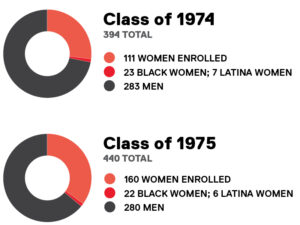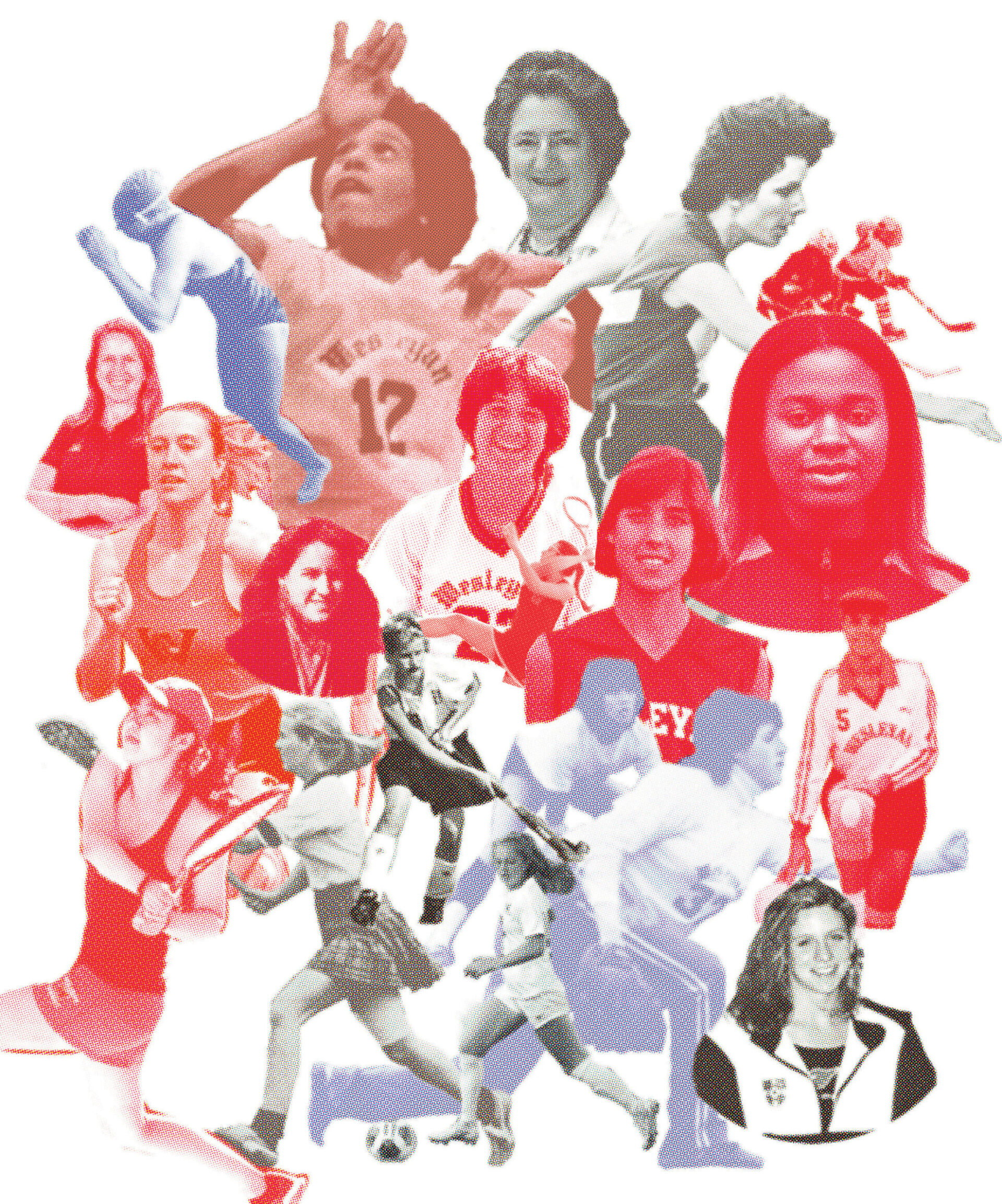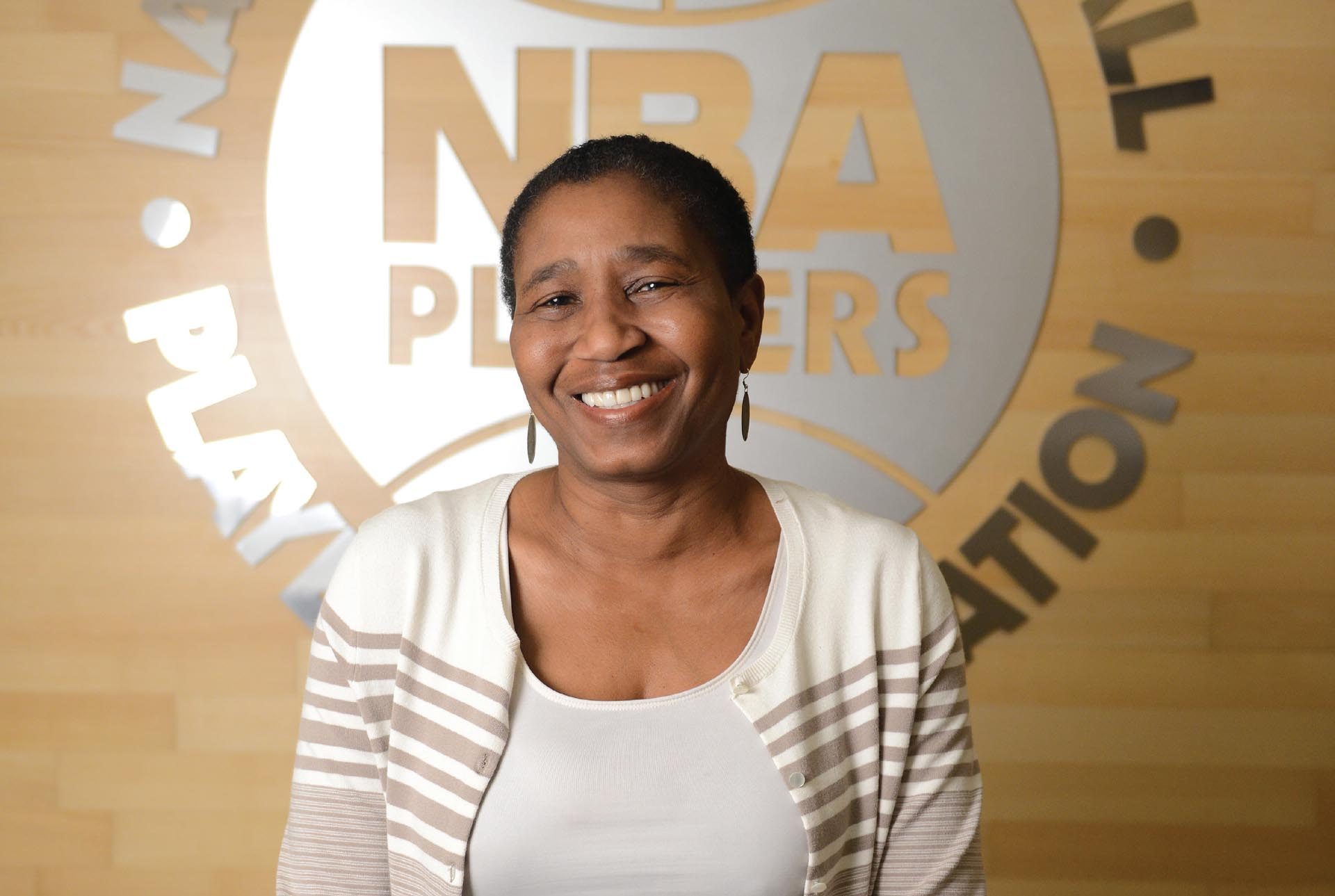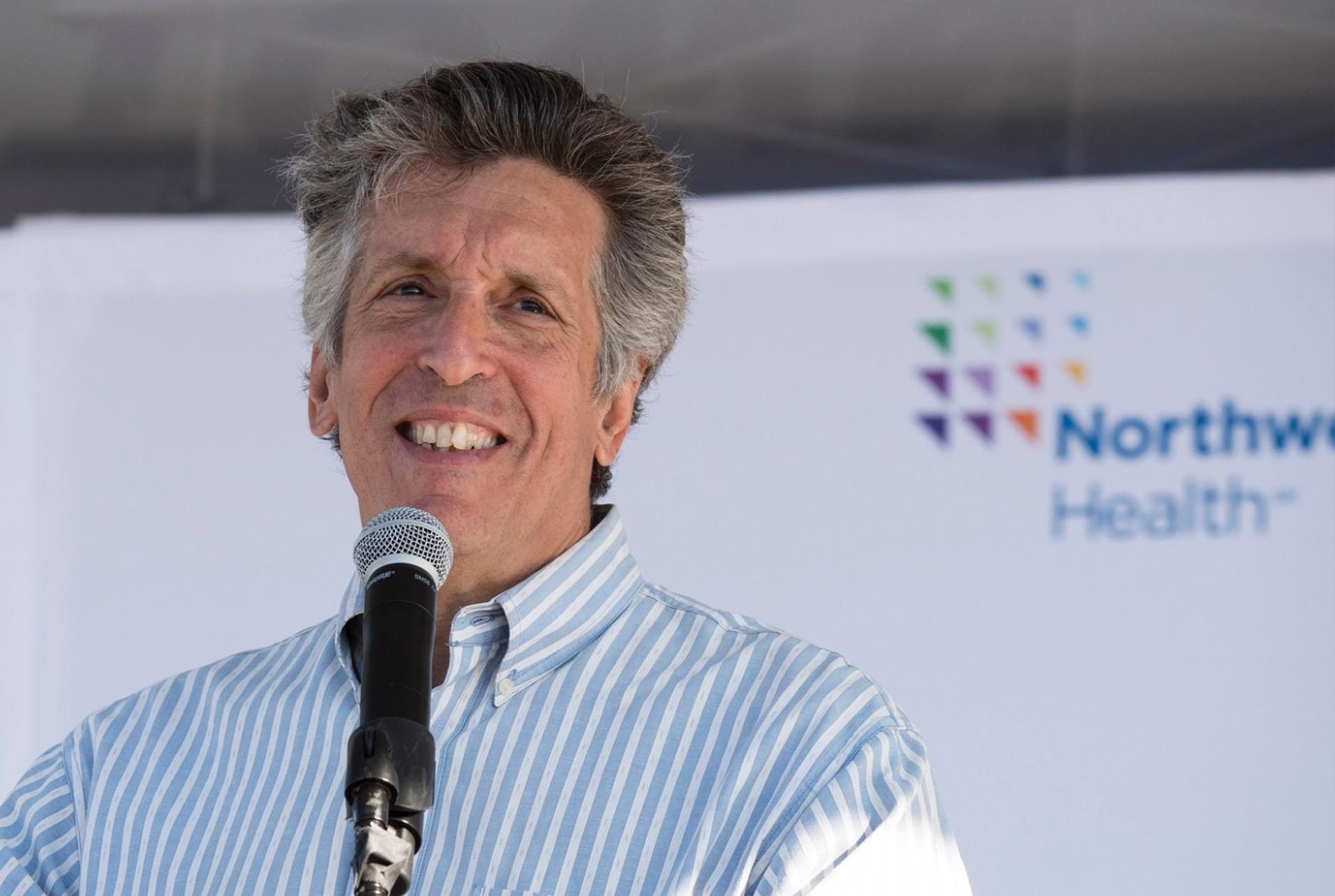From the Collections: The Women of the Class of 1974, Through Their Own Voices
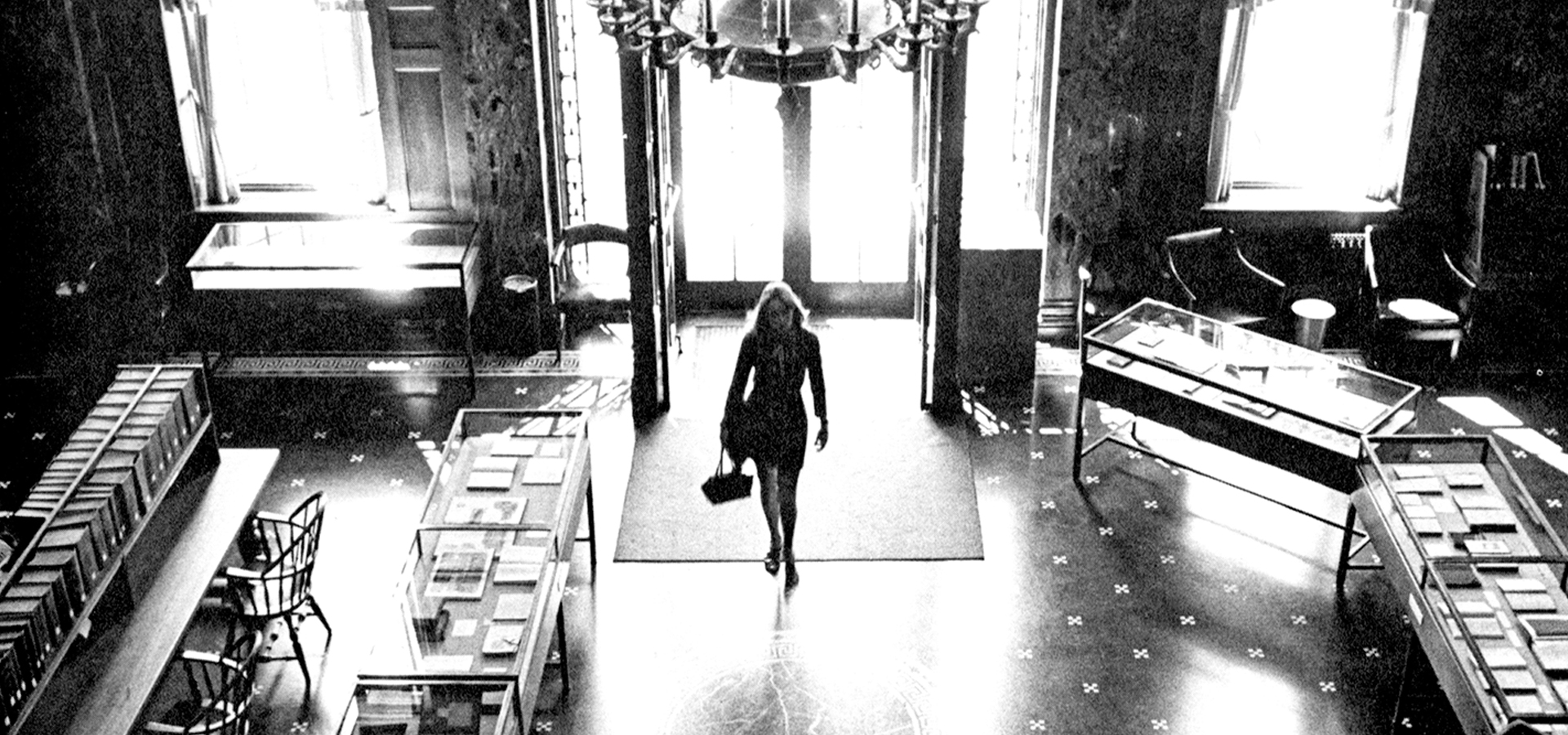
The fall of 1970 brought a new set of freshwomen to campus for the first time in just about 60 years. These were not the first women on Wesleyan’s campus, as that honor belongs to the women here from 1872 until 1912. Wesleyan’s second round of coeducation began when Wesleyan admitted female transfer and exchange students in 1968. Instead, the Class of 1974 (with its 111 enrolled women, including 22 Black students and 7 Latina women) has the unique claim of graduating the first women to attend Wesleyan for all four years after the first round of coeducation ended in 1912.
Wesleyan’s relationship with coeducation has been an area of great interest for students and has led to multiple senior theses and projects over the years. First, one of the early second round graduates, Lucy Knight ’72, put together a questionnaire that went out to both women and men alums from the first period of coeducation, which she used to write her thesis focusing on the women here from 1872 to 1912. Almost 20 years after Lucy’s work, Kirsten Delegard ’90 in her thesis describes how she felt compelled to examine how women at Wesleyan have dealt at various periods with being a traditionally marginalized group. Based primarily on the results of over 800 surveys, Delegard wrote her senior thesis for the College of Social Studies (CSS), titled “Mixed Memories: Reflections on Twenty-Two Years of Coeducation at Wesleyan.”
These senior theses along with others have led to numerous projects related to the women of Wesleyan. These projects give interested students the chance to comb the University archives for documents and images related to the topic and discover new stories to tell such as a documentary thesis by Isabel Ecchavarria ’23 highlighting the difficulties these pioneering women faced on campus.
To celebrate this milestone of 50 years of full coeducation at Wesleyan, we thought the women’s words should speak for themselves. The quotes shared here from anonymous women are from the original surveys Delegard collected from the Classes of 1974 and 1975 in the early 1990s. They paint a picture of a campus in transition and make plain the hard truths that come with being on the front end of change.
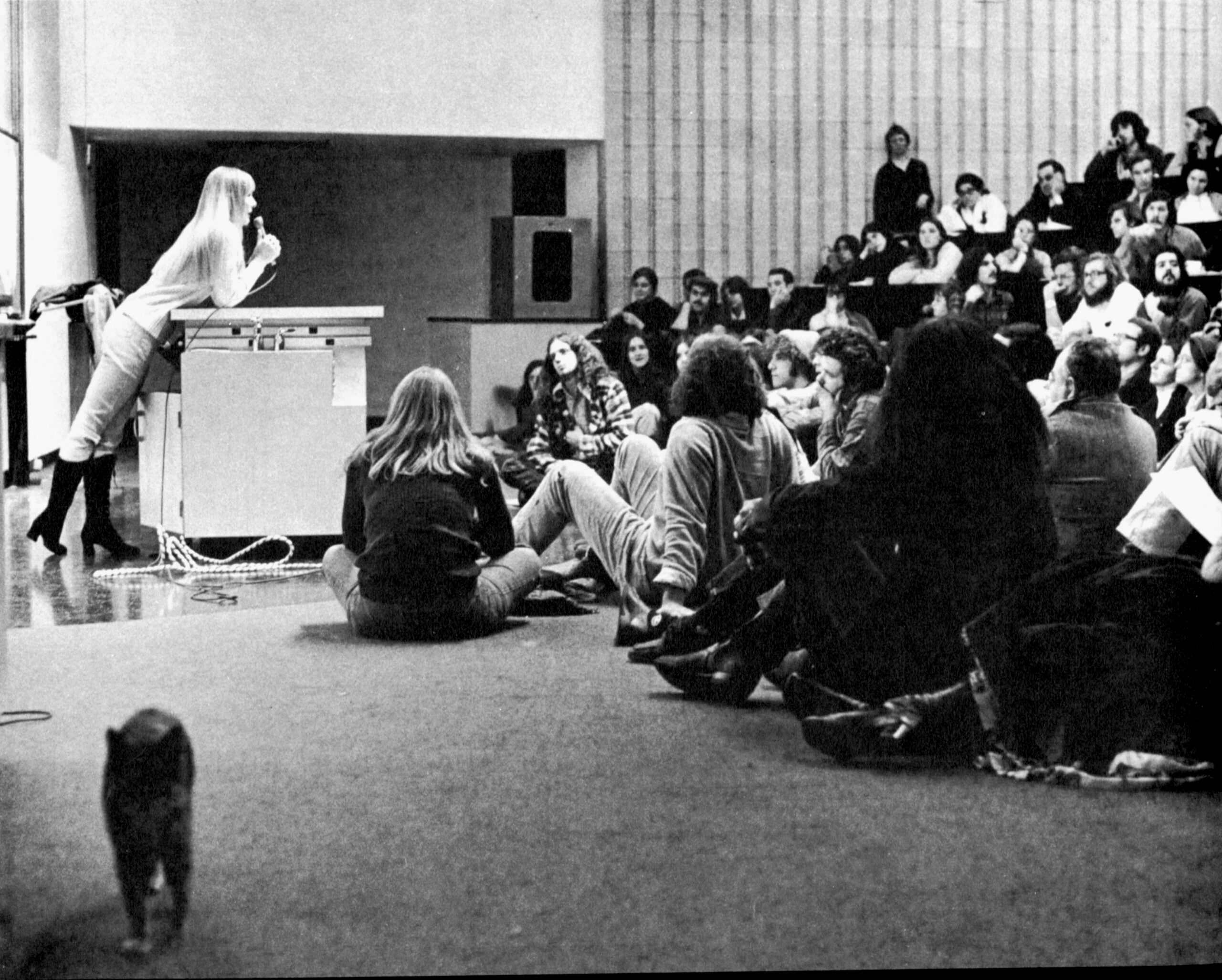
WHY DID YOU CHOOSE A COEDUCATIONAL INSTITUTION FOR YOUR UNDERGRADUATE YEARS?
“Because life isn’t same sex.”
“I felt at the time that breaking down barriers for women was primarily going to occur by women entering previously male-dominated institutions and occupations.”
Did you ever get the sense that the university was an institution primarily for men that was willing to let women attend, but wouldn’t accommodate them in any way?
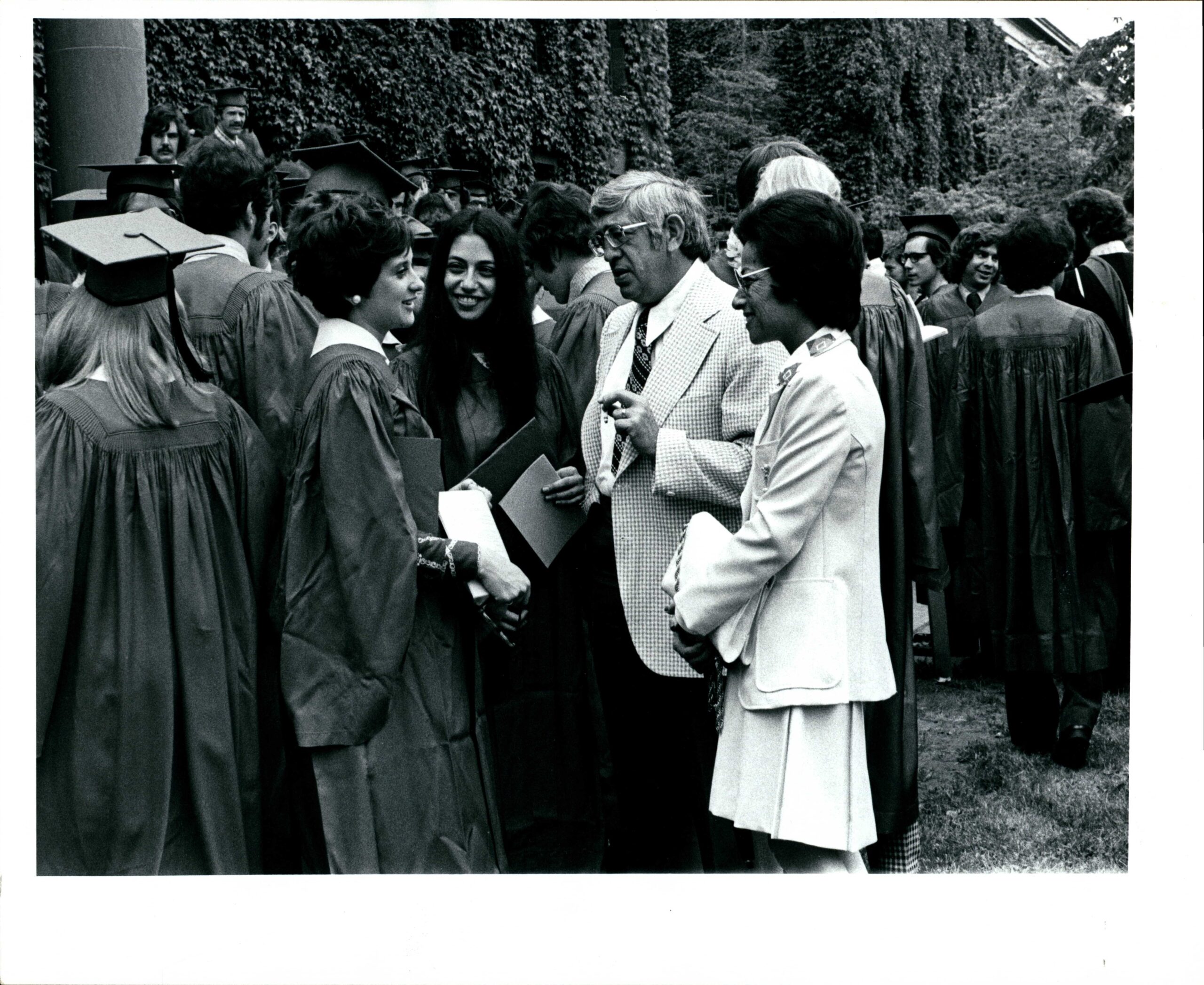
“There were only about 100 women and we were 100 different types—as though Wesleyan had no idea what kind of women they wanted. It seemed clear that Wesleyan originally admitted women only to make life for men more normal.”
“It was common knowledge that women were brighter as a group and that higher standards applied for their admission to Wesleyan. We were also resented for our very presence in the male domain—there were still too few of us.”
“When I first arrived, I felt like an alien. The university seemed to be looking to us to articulate needed change, rather than attempting to anticipate those needs. And change was needed on so many fronts—everything from safety to academic and career counseling to toilet paper—that these first changes were obvious and constant.”
“The campus tolerance for diversity, argumentativeness freed me from old sex roles. My lack of beauty didn’t matter and my hunger to argue over intellectual matters was well fed. My interest in social issues was nurtured.”
“I came into being at Wesleyan. I threw away all that had been programmed into me and discovered my own values and sense of who and what mattered in the world within an environment that was challenging but supportive.”
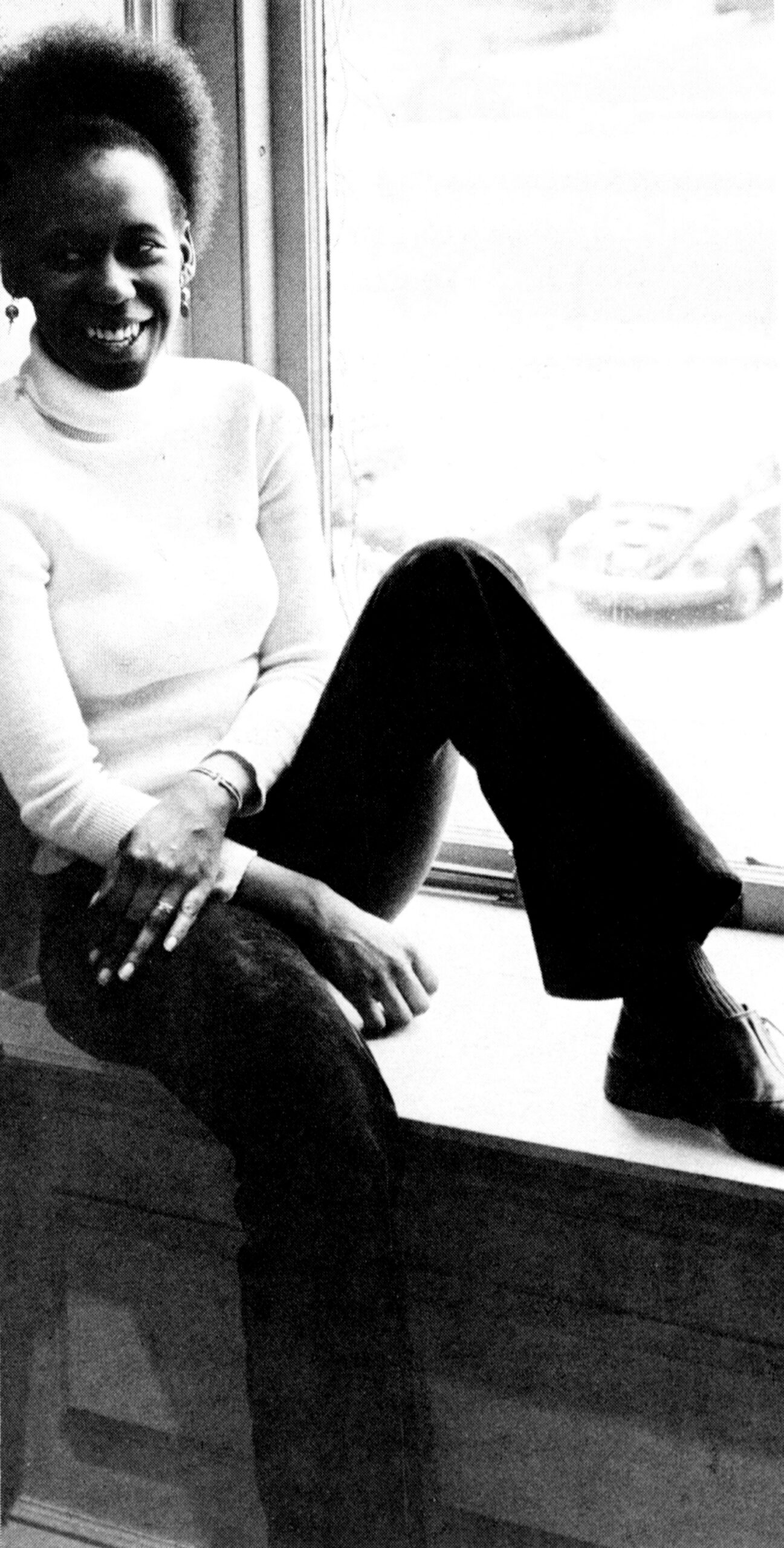
Did Wesleyan as a unique institution change your life?
“I discovered it was okay to be smart and female.”
“Its unique flavor at the time, with music, dance, speakers; its commitment to analysis in addition to factual learning; its opportunities for learning from everyone—faculty, fellow students, the community: these factors and many others turned me from a parochial teen to an aware and connected adult.”
“I am among the best educated people I know.”
By Amanda Nelson, Dietrich Family Associate University Librarian for Unique Collections & University Archivist

